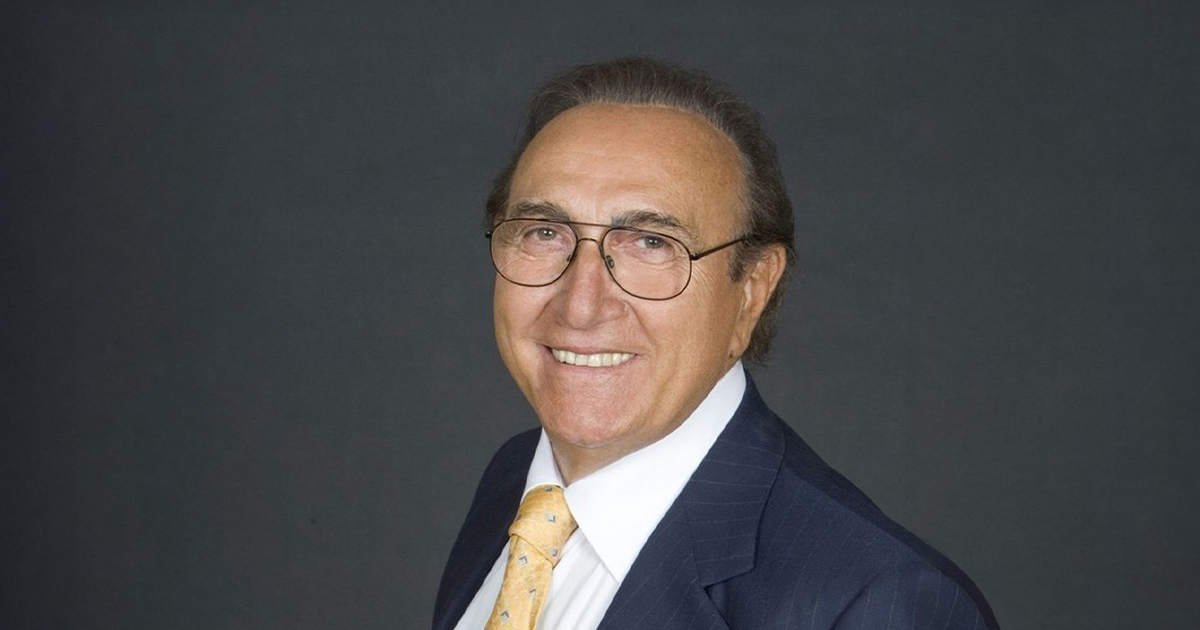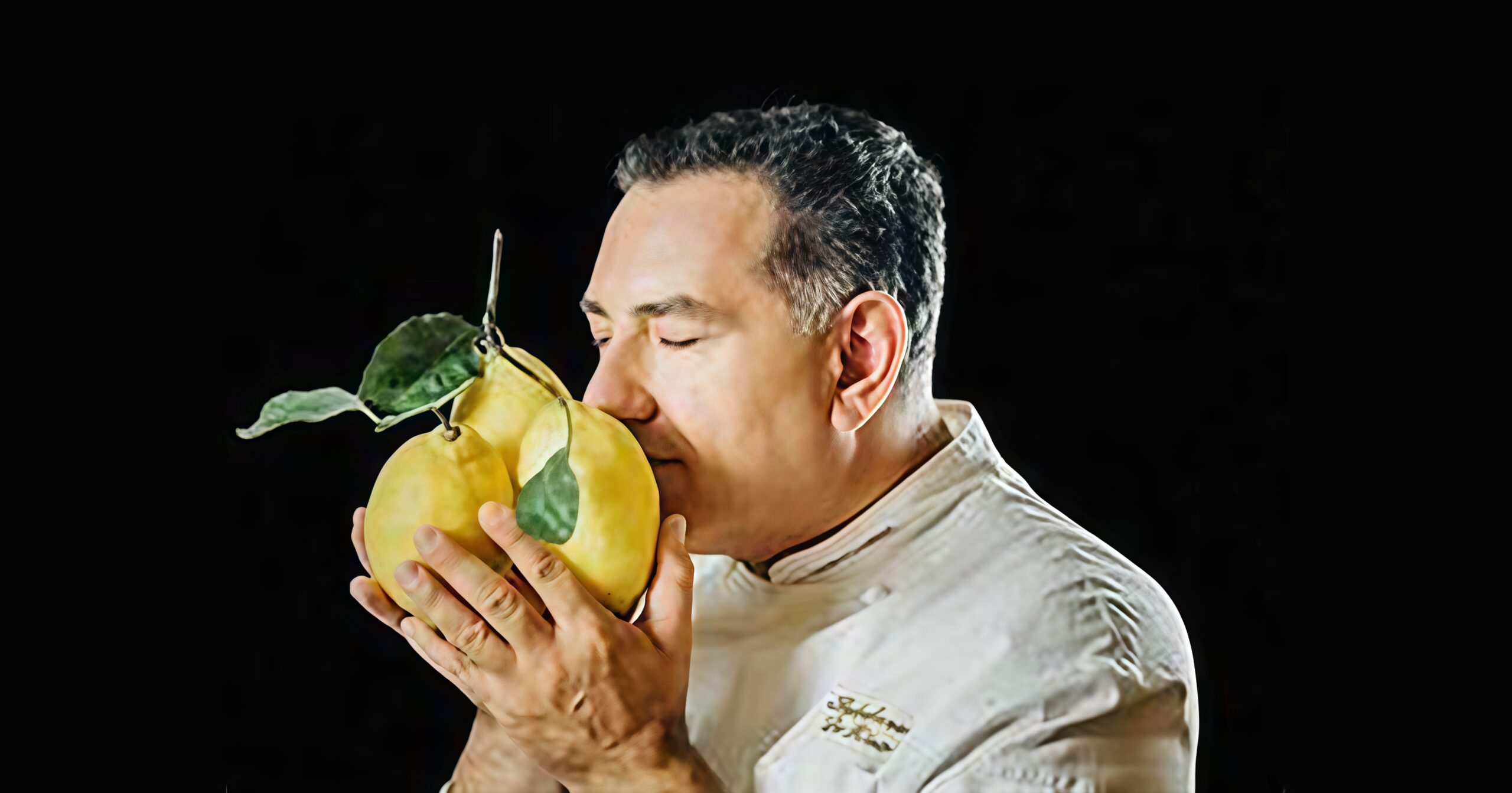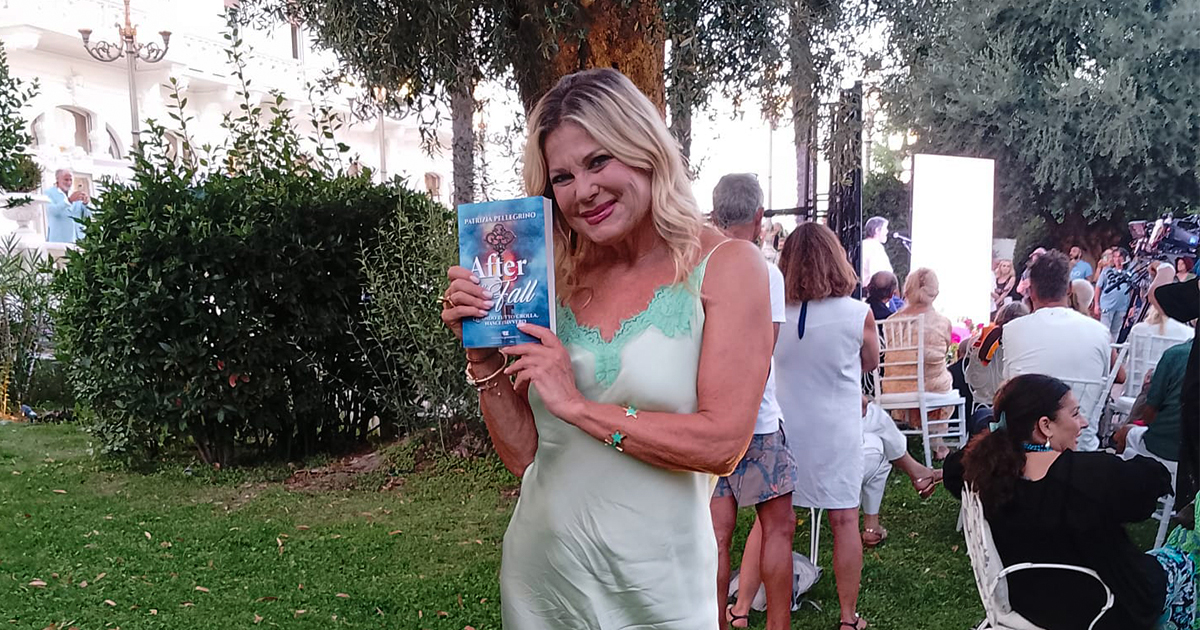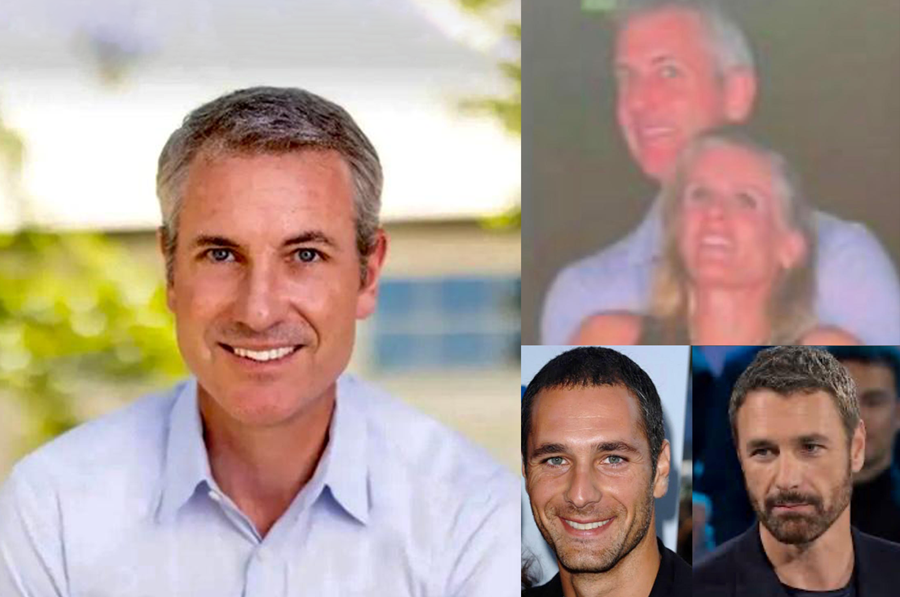- Italian
- English
C’era un tempo in cui la televisione non correva, non urlava, non aggrediva. C’era un tempo in cui la TV parlava con grazia, ascoltava con attenzione e regalava la magia di una compagnia discreta. In quel tempo c’era lui: Pippo Baudo.
Un nome che da solo basterebbe a scrivere la storia dello spettacolo italiano. Ma noi non ci metteremo a elencare ogni programma, ogni Festival di Sanremo, ogni record di ascolti, perché sarebbe superfluo. Tutti lo sappiamo. Tutti abbiamo nel cuore un ricordo legato a lui: una domenica pomeriggio, una sigla che cantavamo, un applauso che ci sembrava di sentire anche dal divano di casa.
Baudo non è stato semplicemente un conduttore. È stato il maestro di cerimonie di un Paese intero. Non urlava per farsi ascoltare: parlava, e l’Italia intera lo ascoltava. Non invocava la scena: era la scena stessa a cercarlo. Ogni volta che saliva sul palco, non era uno spettacolo, era un rito.
Eppure, dietro al professionista impeccabile, c’era anche l’uomo di musica. Il pianista, l’artista che sapeva che una melodia può raccontare più di mille parole. Ed è bello ricordarlo così: seduto al pianoforte, con le dita che scorrono sui tasti, regalando emozioni senza chiedere nulla in cambio.
Oggi che le luci si spengono e il sipario cala, la sua assenza non lascia solo un vuoto televisivo, ma una nostalgia che profuma di eleganza perduta. Pippo era l’ultimo dei signori della televisione, un uomo che trattava il pubblico come ospite d’onore e non come consumatore.
Non serve ripetere tutto ciò che ha fatto: chiunque in Italia sa chi è Pippo Baudo, cosa ha rappresentato e quanto ha cambiato. E non solo in Italia: persino gli italiani in America, lontani da casa, seguivano “mamma Rai” per sentirsi più vicini, e nelle sue parole trovavano conforto.
Ed è forse questo il segreto della sua grandezza: non ha mai smesso di parlare al cuore delle persone. Non con effetti speciali, non con clamori, ma con il dono raro della semplicità.
Oggi lo salutiamo con un misto di dolore e gratitudine. Dolore, perché ci lascia un vuoto immenso. Gratitudine, perché ci ha insegnato che la vera eleganza non ha bisogno di mode, e che il rispetto per il pubblico è il più grande atto d’amore che un conduttore possa offrire.
Addio, Pippo. Maestro di stile, signore di un’epoca, compagno silenzioso di tante nostre emozioni. Le sue note restano come eco di un’Italia che non tornerà, ma che continuerà a vivere in chi ha avuto la fortuna di ascoltarla.
There was a time when television didn’t rush, didn’t shout, didn’t attack.
There was a time when TV spoke with grace, listened with attention, and offered the magic of quiet companionship. In that time, there was him: Pippo Baudo.
A name that alone would be enough to write the history of Italian entertainment. But we won’t list every program, every Sanremo Festival, every record-breaking show, because it would be superfluous. We all know. We all carry a memory of him in our hearts: a Sunday afternoon, a theme song we used to sing, an applause we could almost hear from our living room.
Baudo was not simply a presenter. He was the master of ceremonies for an entire country. He didn’t need to shout to be heard: he spoke, and all of Italy listened. He didn’t chase the spotlight: the spotlight chased him. Every time he stepped on stage, it wasn’t just a show—it was a ritual.
And yet, behind the impeccable professional, there was also the man of music. The pianist, the artist who knew that a melody can say more than a thousand words. And it is beautiful to remember him like this: seated at the piano, his fingers gliding over the keys, giving emotions without asking for anything in return.
Now that the lights go out and the curtain falls, his absence leaves not just a void in television, but a nostalgia scented with lost elegance. Pippo was the last of television’s true gentlemen, a man who treated his audience as honored guests and never as consumers.
There is no need to repeat everything he has done: anyone in Italy knows who Pippo Baudo is, what he represented, and how much he changed. And not only in Italy: even Italians in America, far from home, followed “Mamma Rai” to feel closer, and in his words they found comfort.
And perhaps this is the secret of his greatness: he never stopped speaking to people’s hearts. Not with special effects, not with clamors, but with the rare gift of simplicity.
Today we say goodbye with a mix of sorrow and gratitude. Sorrow, because he leaves us with an immense emptiness. Gratitude, because he taught us that true elegance needs no fashion, and that respect for the audience is the greatest act of love a presenter can give.
Farewell, Pippo. Master of style, gentleman of an era, silent companion of so many of our emotions. His notes remain, echoing an Italy that will never return, yet will continue to live in those lucky enough to have heard it.
By author

